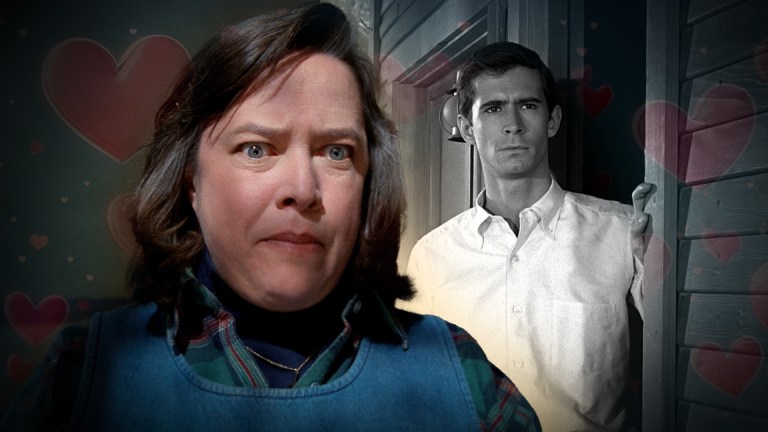
How Do People Afford To Be Hipsters?
I mean, let's be honest, out of a hundred hipsters that refer to themselves as "photographers" and have Tumblrs full of pictures of homeless peoples' shoes, a maximum of three of them have ever actually sold a piece, let alone at a decent price.
We’ve all heard this idea that “hipster has lost all meaning” and “we don’t really know what a hipster is,” but come on, we know what they are. It’s the guy at the party who is trying so hard to be cool it’s physically painful to watch, and won’t stop talking about the film project he’s working on and all the people he saw at this other, presumably cooler, party the other night. The conversation (monologue) will last a good twenty or so minutes until he rides off into the sunset on his bicycle, rarely to be heard from again. We know these people, we see them every day, we watch them post the pictures that they took on a film camera, printed out, and then scanned to put on their Facebooks/blogs (because they need 3-step processes to fully encompass how much of a tool they are). They are individuals, and yet they’re all the same person. The girls, waify and distressed looking, wearing the kind of outfit that you imagine a heroin addict would put on if told to go to a fancy party and smile really big. The guys, in some combination of bespoke suits your grandfather would wear and things left over from the skate park that closed last year. And smoking, always smoking.
So we know what they are. But my question, and it’s one that troubles me deeply, is how the hell do they afford this lifestyle? I mean, let’s be honest, out of a hundred hipsters that refer to themselves as “photographers” and have Tumblrs full of pictures of homeless peoples’ shoes, a maximum of three of them have ever actually sold a piece, let alone at a decent price. Logistically speaking, and especially in an economic climate like this one, it is just unfeasible that such a kind of person would exist — let alone en masse. How strange, a cultural movement based on imaginary jobs, affected personalities, and expensive bicycles. Hipsters are truly the fops of the 21st century, only in a society that doesn’t allow for an entire class of people who are the human equivalent of marshmallow fluff.
I have had so many conversations with people I consider hipsters — let’s be honest, with people who, in the resigned moments of self-reflection, admit that they themselves are hipsters — about how expensive living in cities can be. Rent, food, clothes, everything is an exercise in Jenga-like budget and balancing. And they, without a trace of irony, will tell me that they don’t shop at “nice” or “expensive” stores, only “normal” ones like Urban Outfitters, American Apparel, and the like. Perhaps there is some society-wide joke I am missing out on, but as a 23-year-old, those stores are the definition of expensive. Sure, they’re not designer-level expensive, but it’s 40 dollars for a shirt and all you can be assured of is that the quality will be relatively shoddy. They are disposable, trend-driven clothes that should have the one-time-use price points of Forever 21, but because of some misplaced notion of “cool” bestowed upon them by hordes of unwashed white people, they have somehow become something so much more.
And rents, in a similar vein, seem to be in a similar vortex of illusion. Apartments, lofts, spacious abodes in big cities are shared by a few hipsters whose collective income — from all outside perspective — could not break the 1,000 dollar-a-month mark. Of course, it is the pinnacle of rude behavior to inquire as to how they pay for this, how much money they make, what the actual source of their income is, or how long they plan on trying to break into the film industry, so one is just left to wonder.
Of course, to some degree, we all know the answer. Pampered people who were raised in a culture of participation ribbons and being told that they were special, funded by parents who would cut 50,000 dollar-a-year checks so their children could “find themselves” at liberal arts school were bound to create monsters. You have a bunch of children told all of their lives that they were “special” — never, of course, clarifying that one has to earn the term “special,” that we no longer believe in divine mandate — and now they are spit into the world that demands hard, often unrewarding work. Nose to the grindstone stuff. And of course, there are probably a lot of exasperated white parents in cardigans subsidizing a lot of this behavior, these apartments, those clothes. There is a lot of hoping that the children will hit their early thirties and have some kind of revelation and become a productive, valuable member of society. And I will freely admit, when I was working days at a cafe and nights babysitting so I could avoid taking out loans, and would visit people’s Wes Anderson-directed lofts in the big city, I would get incredibly jealous. I wished I could effortlessly live a life that must, in some other plane of reality, cost an incredible amount of money. But that jealousy was fleeting, and so, I would imagine, is their lifestyle. ![]()











